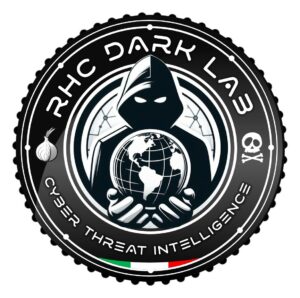
Recently, a Proof of Concept (POC) for a vulnerability identified as CVE-2024-34102, which affects the Magento and Adobe Commerce e-commerce platforms, has been found online. This vulnerability, detected by security experts from Assetnote, represents a significant threat as it allows for unauthenticated XML entity injection attacks.
CVE-2024-34102 is an XML entity injection vulnerability that can be exploited before the authentication phase, making it particularly dangerous. E-commerce platforms like Magento and Adobe Commerce are widely used for managing online stores, and a flaw of this type could expose numerous sensitive data and compromise the security of the involved servers.
The attack exploits the ability of an XML parsing system to process external entities, allowing an attacker to induce the server to read local files or make requests to other network resources. In this specific case, the POC attempts to read files from target servers that are vulnerable to CVE-2024-34102. This type of attack can lead to the exposure of sensitive data, including configuration files, access keys, and other critical information that could further compromise the system’s security.
The impact of this vulnerability is considerable. An attacker who successfully exploits this flaw could:
To mitigate the risk associated with this vulnerability, it is essential to adopt the following measures:
The discovery of the POC for the CVE-2024-34102 vulnerability once again highlights the importance of security in e-commerce platforms. System administrators must be proactive in applying security patches and correctly configuring their environments to prevent such attacks. Collaboration with security experts and continuous training of personnel responsible for system management can significantly contribute to reducing the risks associated with these threats.
In conclusion, while technologies continue to evolve, security vulnerabilities remain a constant challenge. The IT community must remain vigilant and responsive to protect digital resources and maintain user trust.
Follow us on Google News to receive daily updates on cybersecurity. Contact us if you would like to report news, insights or content for publication.
